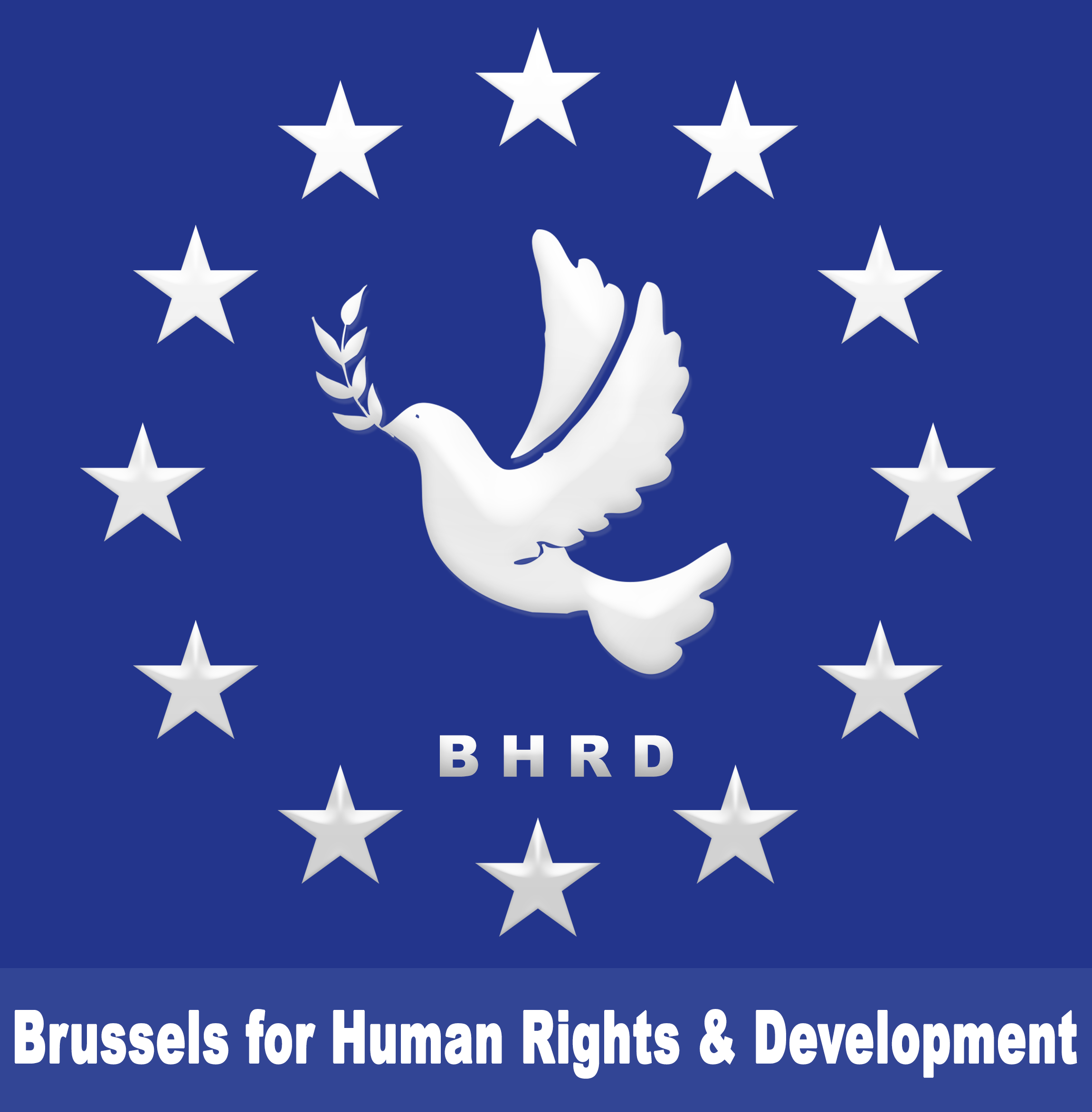The global refugee crisis continues to escalate, with 110 million people forcibly displaced worldwide as of mid-2023 due to conflict, persecution, human rights violations, and environmental disasters. Among them:
- 36.4 million refugees, including 30.5 million under UNHCR’s mandate and 5.94 million Palestine refugees under UNRWA.
- 62.1 million internally displaced people who have fled violence but remain within their home countries.
- 6.08 million asylum seekers waiting for refugee status.
- 5.6 million Venezuelan refugees or others in need of international protection.
These figures reflect an alarming trend, with displacement far outpacing solutions. In the 1990s, about 1.5 million refugees were able to return home annually; today, that number has fallen to 385,000 per year.
Defining a Refugee
Under international law, a refugee is someone who has fled their country due to a well-founded fear of persecution based on race, religion, nationality, political opinion, or membership in a particular social group. Stateless individuals who are outside their country of habitual residence and unable to return also qualify for refugee protection.
Key Displacement Situations
In 2023, approximately 90% of newly displaced people came from just seven major crises:
- Afghanistan
- Democratic Republic of the Congo (DRC)
- Latin America and the Caribbean
- Myanmar
- Somalia
- Sudan
- Ukraine
The five largest refugee populations by country of origin:
- Syria (6.5 million refugees)
- Afghanistan (6.1 million)
- Ukraine (6 million)
- Venezuela (5.6 million)
- South Sudan (2.2 million)
The UN Refugee Agency (UNHCR)
Established in 1950, UNHCR was originally mandated for only three years to assist Europeans displaced by World War II. However, with new crises emerging, its mission has expanded globally. Today, UNHCR:
- Operates in 135 countries with over 18,000 staff.
- Provides protection and assistance to nearly 59 million people, including refugees, internally displaced persons (IDPs), and stateless individuals.
- Is active in Asia and Africa, where the majority of refugees originate and reside.
The Role of UNRWA
The United Nations Relief and Works Agency for Palestine Refugees (UNRWA) was established in 1949 to provide services to Palestine refugees in Gaza, the West Bank (including East Jerusalem), Jordan, Lebanon, and Syria. The agency delivers:
- Education, healthcare, and social services.
- Emergency assistance during crises.
- Infrastructure and development projects for refugee communities.
As of 2023, UNRWA serves nearly 6 million Palestine refugees.
Funding Challenges
Following allegations of UNRWA staff involvement in the October 7, 2023, attacks on Israel, several nations suspended funding. UN officials warned that cutting funding would have catastrophic consequences for the 1.1 million displaced people in Gaza.
Global Compact on Refugees (2018)
The Global Compact on Refugees provides a framework for equitable responsibility-sharing in refugee protection. Its four objectives:
- Reduce pressures on host countries.
- Enhance refugee self-reliance.
- Expand third-country resettlement opportunities.
- Support safe and dignified voluntary return.
At the 2023 Global Refugee Forum, over 1,600 pledges were made, including:
- $2.2 billion in new financial commitments.
- $250 million from private sector donors.
Refugees and Climate Change
While conflict and persecution remain the primary causes of displacement, climate change is an emerging driver of forced migration. In 2022, 84% of refugees came from countries highly vulnerable to climate change, compared to 61% in 2010.
The effects of climate change include:
- Droughts, floods, and rising sea levels forcing people to leave their homes.
- Increased food and water shortages, worsening already fragile regions.
- Limited options for displaced persons to return home, as climate disasters destroy livelihoods.
Support for Refugee Camps
- UN peacekeepers provide security in refugee camps.
- The Inter-Agency Standing Committee (IASC) coordinates humanitarian aid.
- UNHCR, IOM, and the Red Cross lead emergency shelter, camp management, and protection services.
Nansen Refugee Award
Since 1954, UNHCR has awarded the Nansen Refugee Award to individuals and organizations making exceptional contributions to refugee protection.
Notable recipients include:
- Eleanor Roosevelt (1954), First Lady of the United States and human rights advocate.
- Over 60 humanitarian leaders and organizations dedicated to refugee rights.
Looking Forward: Addressing the Refugee Crisis
With protracted conflicts, economic inequality, and climate disasters fueling displacement, the global community faces an urgent need for long-term solutions.
Key Actions Moving Forward




World Refugee Day: A Call to Action
Observed annually on June 20, World Refugee Day highlights refugee stories, challenges, and the need for stronger international solidarity.
For more insights into refugee policies, global displacement trends, and humanitarian responses, stay connected to our platform.


 العربية
العربية